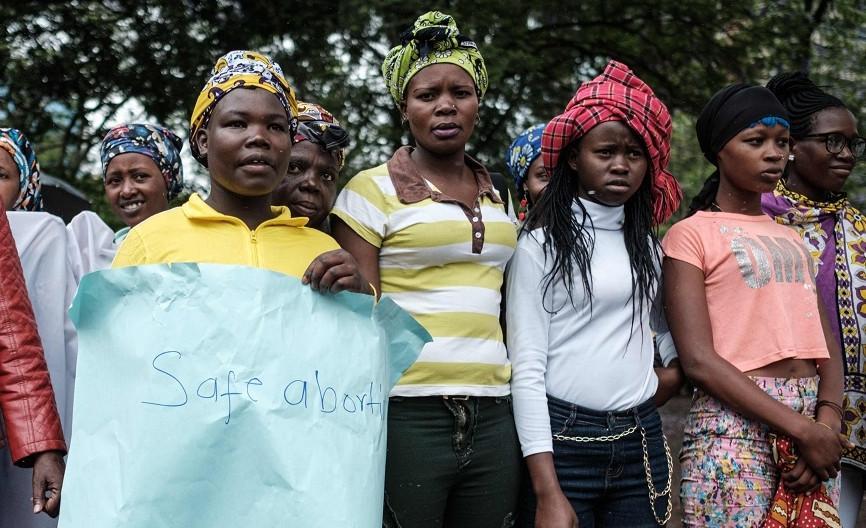
Turkish government promises to reduce preventable maternal deaths to zero, at United Nations summit
As part of the International Conference on Population and Development (ICPD25) organized at the Kenyan capital, countries have registered their commitments to accelerate the pledges they made 25 years ago on sexual and reproductive health.
ICDP25 has prioritized three areas to achieve results until 2030 with the motto - zero preventable maternal deaths, zero unmet needs for family planning and zero gender-based violence.
Turkey’s official statement for its commitments were voiced on Nov. 14 by Bekir Keskinkılıç, the director general of the Ministry of Health, focusing on zero preventable maternal deaths, without any mention on other priority areas.
“Thanks to the Turkish health reform initiative called the health transformation program, Turkey redesigned nearly every element of the health care system. As a result, the mother death rate dropped from 64 to less than 15 in just 13 years,” said Keskinkılıç.
Forty percent of current maternal deaths are preventable, according to Keskinkılıç who defined this finding as “completely unacceptable.”
“It is not a dream for Turkey’s strong and resilient health system to save lives of those mothers dying from a preventable cause. Of course, it will not be easy, and the last miles are always the hardest ones, but we can and should succeed,” he said.
More than 800 women die every day globally during pregnancy or childbirth.
“Our zero preventable maternal death aim will be addressed in official strategic plans and programs and be monitored as performance criteria not only for family physicians but also provincial and hospital managers. In order to access zero preventable maternal death goals, full financial and service coverage will be provided under the UHC scheme, not only at the public health care facilities but also even in private hospitals,” said Keskinkılıç.
Keskinkılıç has also mentioned about Syrian refugees in Turkey, preferring to use the term “guests.”
“We didn’t consider our Syrian guests differently from our citizens, and of course, such a coverage will include our 4 million Syrian guests living in Turkey under temporary protection,” he said, talking at the conference which gathered more than 6,000 delegates from around 160 countries.
Talking a day before Keskinkılıç in one of the panels at the international conference, the deputy health minister also underlined the target of zero preventable maternal or child deaths among Syrian refugees in Turkey.
“We cannot stand with even one preventable maternal or child death in Turkey. Therefore, we established a wide range of primary health care service network primarily focused on maternal and child health and wellbeing. This is the same for our Syrian guests,” said Professor Emine Alp Meşe.
Turkish deputy health minister said priority was given to women among Syrian refugees.
“The force that can hold together families who lost their loved ones and left their country are women. Knowing this central role, we have given a special importance to health services targeting women while organizing our services for our Syrian guests.”